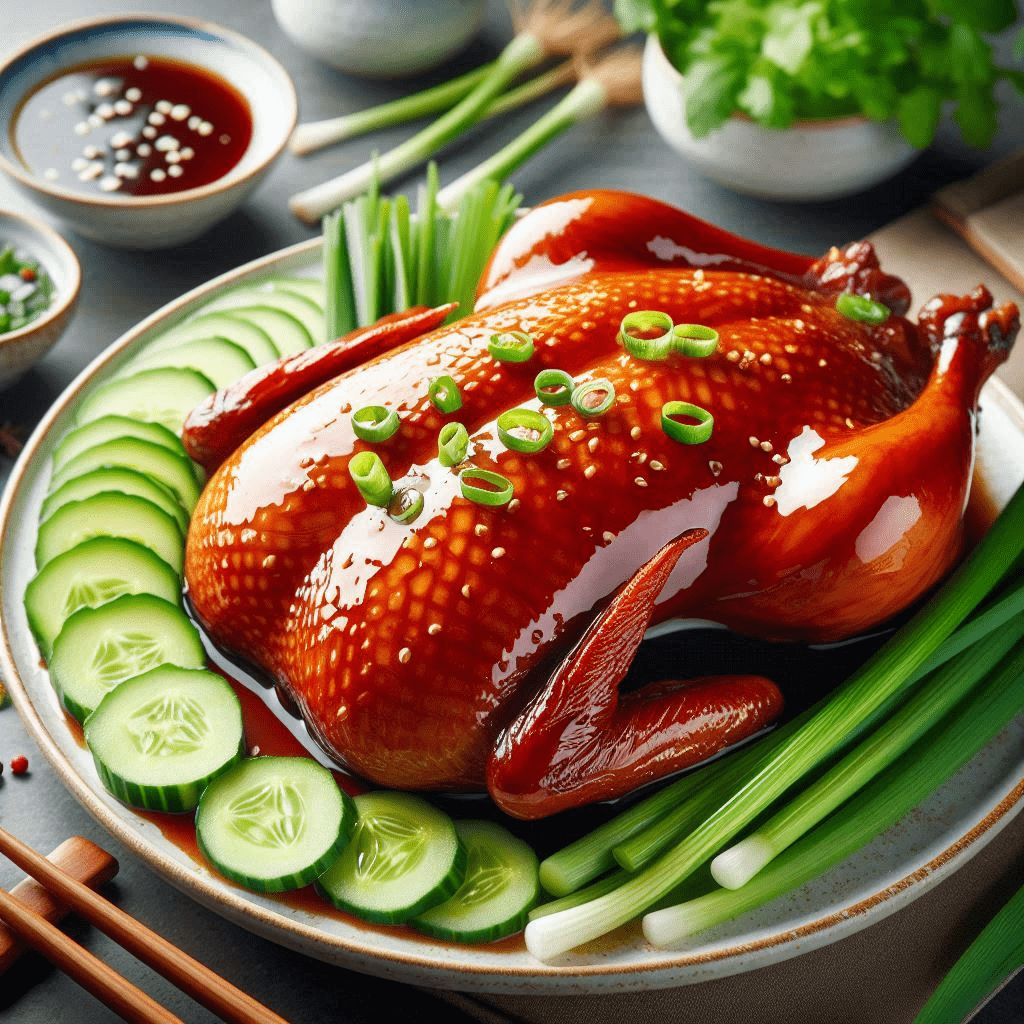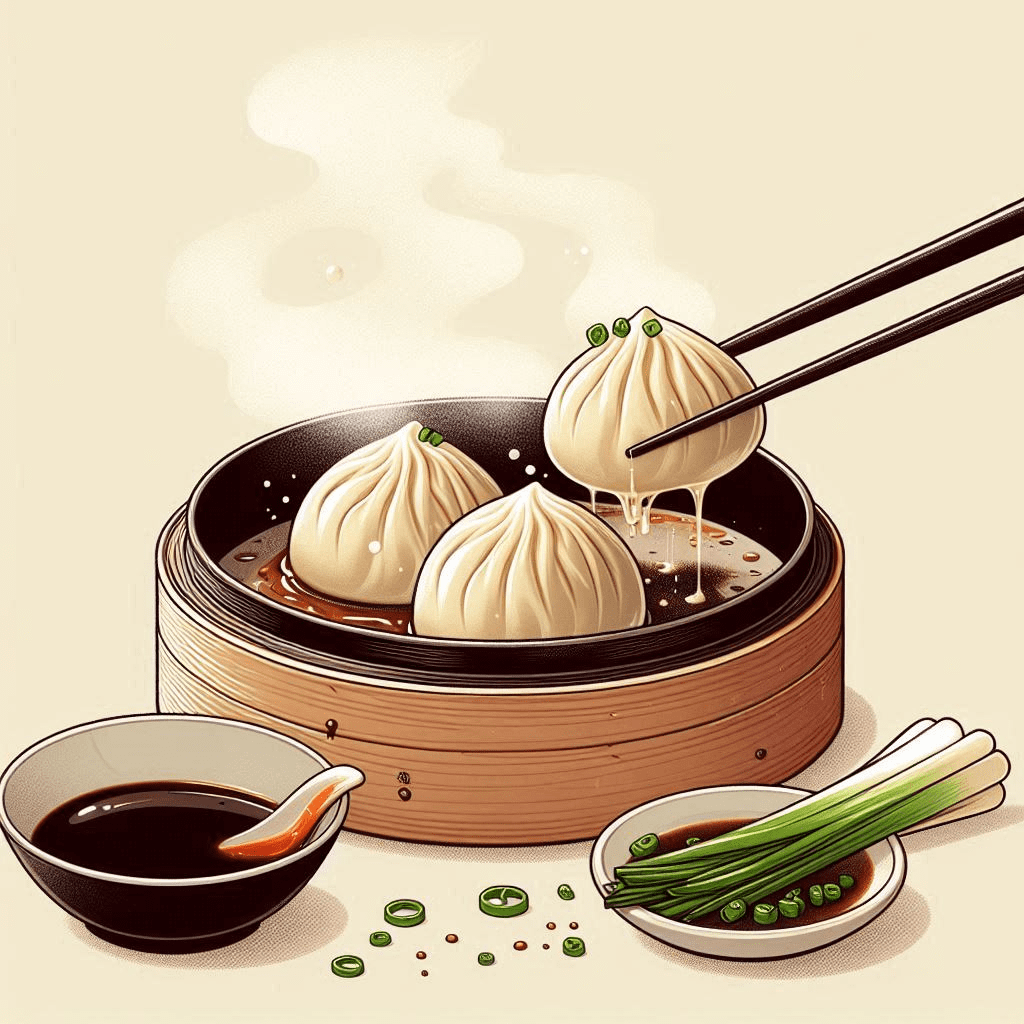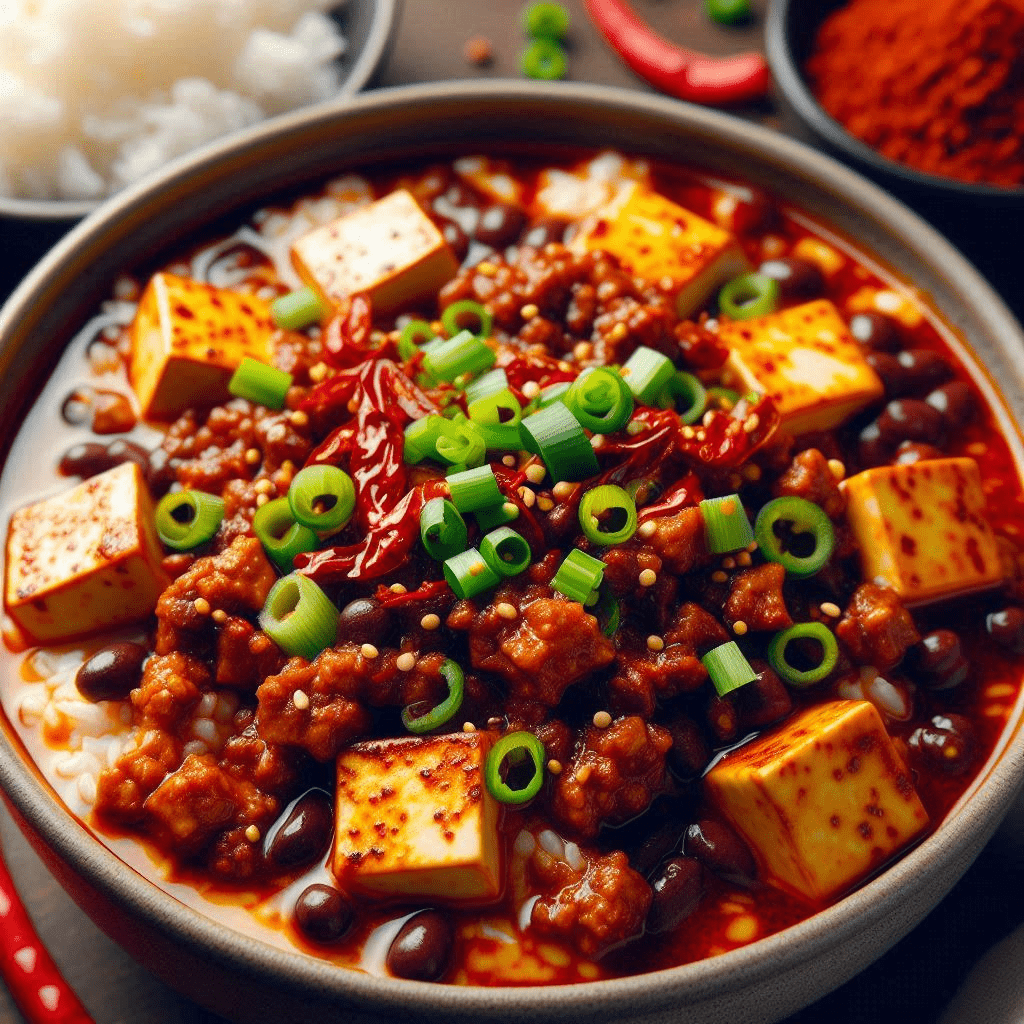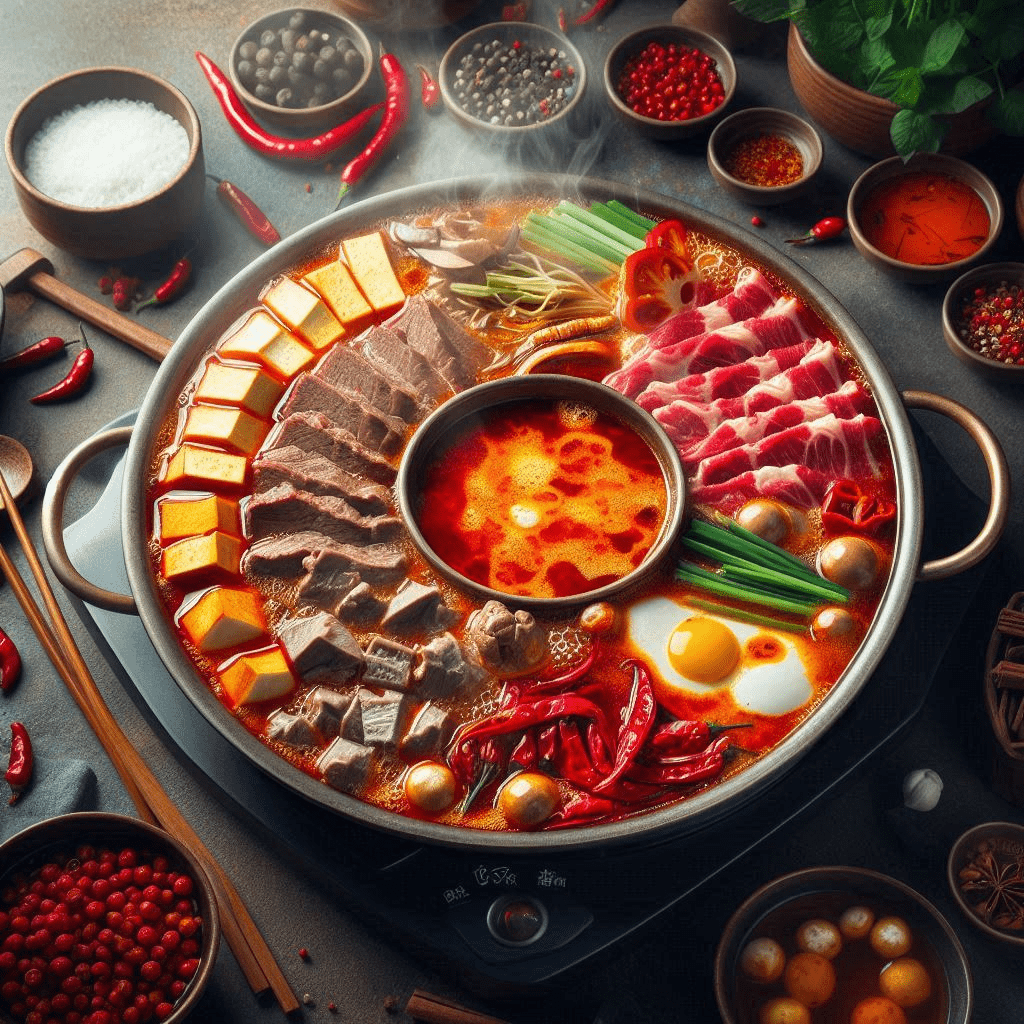The Evolution of Chinese Cuisine: Exploring Traditional and Modern Trends
Chinese cuisine, renowned for its diversity, depth, and complexity, has undergone a remarkable evolution over the centuries. From its humble beginnings rooted in ancient culinary traditions to its contemporary fusion with global influences, the trajectory of Chinese cuisine reflects a fascinating journey of cultural exchange, innovation, and adaptation.
Ancient Origins and Traditional Techniques
Ancient Culinary Heritage
The rich tapestry of Chinese cuisine traces its origins back to antiquity, where food was not merely sustenance but an integral aspect of culture and identity. Ancient Chinese culinary practices were deeply influenced by Taoist and Confucian philosophies, emphasizing harmony, balance, and the importance of nature’s bounty.
Regional Diversity
One of the defining features of Chinese cuisine is its regional diversity, with each province boasting its own unique culinary traditions, ingredients, and flavor profiles. From the fiery spices of Sichuan cuisine to the delicate flavors of Cantonese cooking, the regional diversity of Chinese gastronomy is a testament to the country’s vast geographical and cultural landscape.


Traditional Techniques
Central to the essence of traditional Chinese cuisine are the time-honored cooking techniques passed down through generations. From stir-frying and steaming to braising and roasting, these techniques are not just culinary practices but expressions of cultural heritage and culinary craftsmanship.
The Rise of Modern Chinese Cuisine
Fusion and Innovation
In recent decades, Chinese cuisine has experienced a renaissance, propelled by globalization, urbanization, and the cross-cultural exchange of culinary ideas. Modern Chinese chefs are breaking free from traditional constraints, embracing innovation, and fusing diverse culinary influences to create bold new flavors and experiences.
Culinary Creativity
The evolution of Chinese cuisine is evident in the creative reinterpretation of classic dishes and the emergence of avant-garde culinary concepts. From molecular gastronomy to farm-to-table dining experiences, modern Chinese chefs are pushing the boundaries of culinary creativity, reinventing traditional recipes with a contemporary twist.
Embracing Health and Wellness
In parallel with global trends towards health and wellness, modern Chinese cuisine is placing greater emphasis on fresh, locally sourced ingredients, and lighter cooking techniques. From gluten-free dumplings to organic tea-infused dishes, there is a growing demand for healthier, more mindful dining options that cater to modern sensibilities.
Conclusion
The evolution of Chinese cuisine from its traditional roots to its modern incarnations is a testament to the enduring legacy of culinary innovation and adaptation. As Chinese gastronomy continues to captivate palates around the world, its rich tapestry of flavors, techniques, and traditions serves as a bridge between the past and the future of global cuisine.



































































